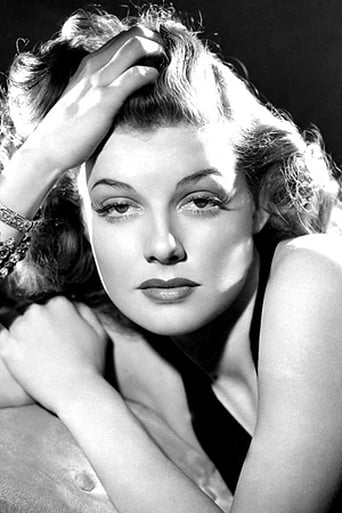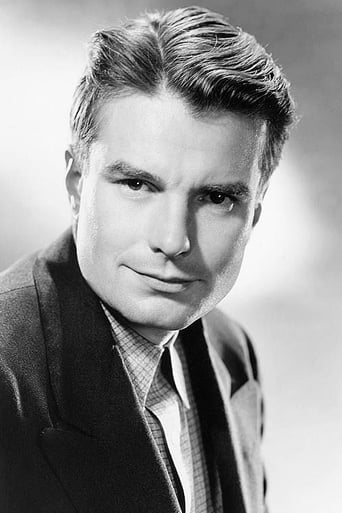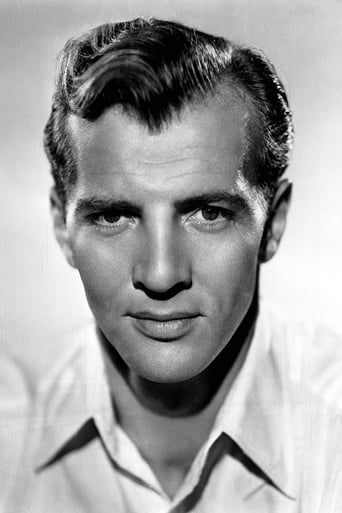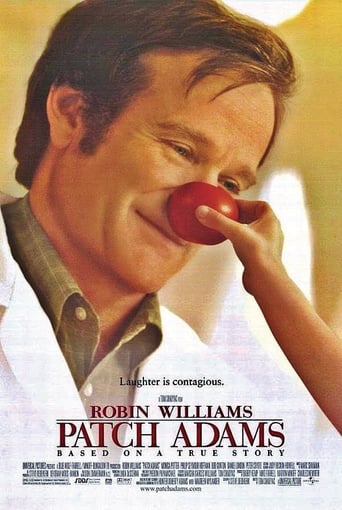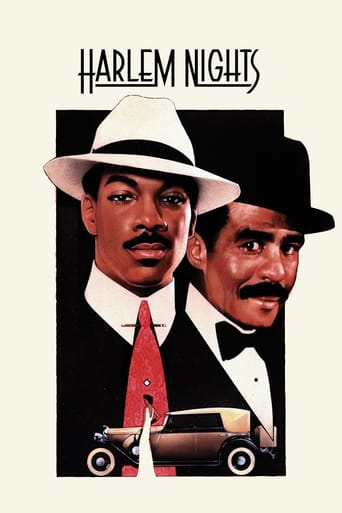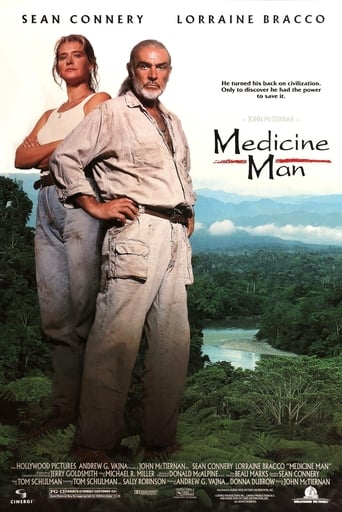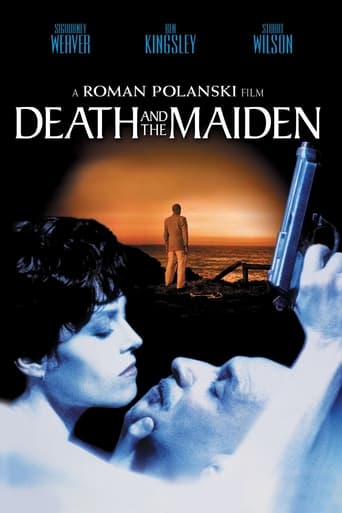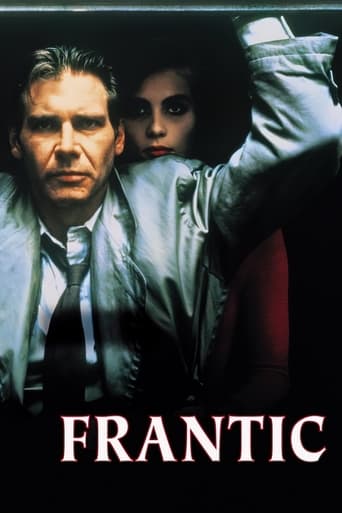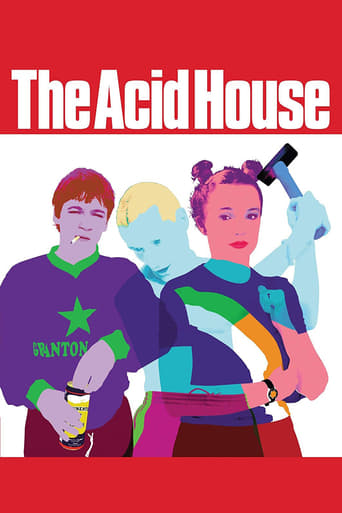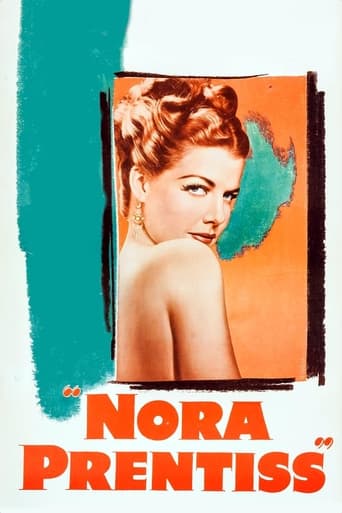
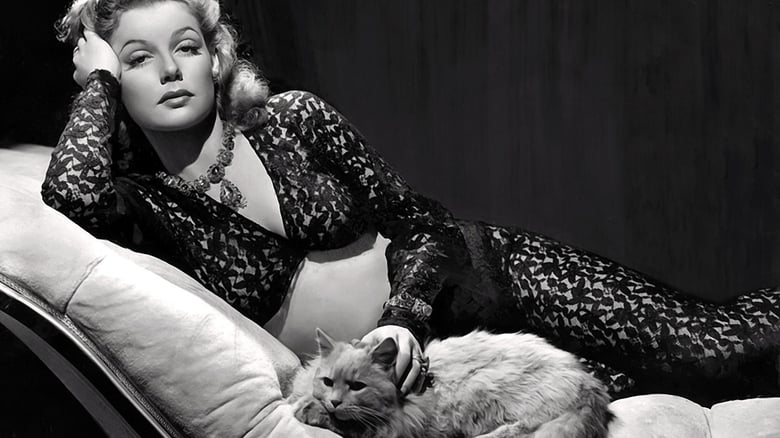
Nora Prentiss (1947)
Quiet, organised Dr Talbot meets nightclub singer Nora Prentiss when she is slightly hurt in a street accident. Despite her misgivings they become heavily involved and Talbot finds he is faced with the choice of leaving Nora or divorcing his wife. When a patient expires in his office, a third option seems to present itself.
Watch Trailer
Cast


Similar titles
Reviews
The rap on Kent Smith was that he was duller than dried cement. Probably that's why he was cast here as the emotionally repressed doctor. The doc is so colorless and unemotional in the early scenes, we see why wife Lucy (DeCamp) has withdrawn into her own bubble. Then too, his household appears to run on the proverbial dime, with only daughter Bunny (Hendrix) showing any real spark. Of course, all of this is necessary background to his eventual transformation once he meets sexpot Prentiss (Sheridan). From dutiful husband to reluctant philanderer to obsessed lover and finally to repentant criminal, Smith brings off the stages in low-key effective fashion, and I expect more than a few married spouses left the theater unsettled by what they had seen lurking under the doctor's calm exterior.All in all, it's a grim little film, depicting a civilized man's descent into emotional darkness. I'm not sure why it's titled after Prentiss since the doctor is for all intents and purposes the main character. But Sheridan does get to show a lot of leg and mature appeal, although her character seems not very plausible once the doc becomes a burden. Someone called the movie a "woman's noir", and with its soap-operish overtones, the description seems to fit. Then too, noirish elements surface in those dark entrapment scenes, especially in the hotel room, (but why do they have separate rooms after they've run away together?). And especially noirish is heart patient Walter's existential lament amidst the big city-- if he dies, he wonders, who would know or care. The scene passes quickly, but is chillingly revealing.The movie's underrated, probably because of Smith and the unrelentingly grim atmosphere. I just wish someone had scrubbed Alda's smarmy nightclub owner. He's totally unbelievable and compromises what could have been a memorably atmospheric very last shot. Nonetheless, it's an engrossing little morality tale, as long as you're not feeling too depressed.
This is one terrific movie proving that Kent Smith, who had the lead in the film, had absolutely no sex appeal whatsoever, but that's what was needed for his part of the doctor, enamored by a woman he treats. From there on, it's all down-hill for the good doctor.Anybody realize that Alan Alda and Rosemary De Camp had been together in the magnificent Gershwin biography "Rhapsody in Blue." Surprising that Alda took this secondary part, but it was good for him, and I guess he had to follow the rules of his contract.Remember how Bette Davis was on trial for killing her "husband" in "Dead Ringer," when in fact her evil twin had done her in and she in turn had killed her sister? Ironically, Kent Smith, our good doctor, goes on trial for killing the good doctor. He had also disguised himself when he traded places with a cardiac patient who had died in his office.As the sultry nightclub singer, Ann Sheridan is terrific. What a dilemma she faced at movie's end. How could she allow Smith to die for something he didn't do. His "farewell" speech to her was impressing.The Alda part came off as a gangster-want-to-be. His part would have been more impressive had he been a gangster. By the end, Sheridan had nothing more to do than to go with Alda.How ironic that at the beginning Smith accuses Bruce Bennett, his fellow doctor-partner, for dereliction of duty, only to fall victim to the charms of a woman.You have to give it to the Sheridan part. She knew that the affair with Smith would go nowhere. Too bad he didn't listen to her.This film is above film noir. It was absolutely terrific.
Kent Smith portrays a doctor with a mustache who lives in San Fransico. He is married and he hooks up with a nightclub singer portrayed by Ann Sheridan. Kent wants to run off with Ann but he lacks the guts to tell his wife. Eventually Kent fakes his own death, so he can run off to New York City with Ann. In NYC Kent becomes so mentally unstable that he shaves off his mustache. Once his mustache is gone Kent's life becomes a complete shambles and he ends up being convicted for murdering himself. This okay by Kent because he knows he messed up big time he deserves to be punished. Nora Prentiss totally sucked me in. Yeah, the melodrama is laid on thick and the acting is clunky, but sometimes that's not such a bad thing.
I'm surprised that no one has picked up on the fact that Nora Prentiss is merely an updated version of Theodore Dreiser's classic Sister Carrie. Since Dreiser had died a couple of years before, he didn't pick up on it or Warner Brothers would have had a libel suit on its hands.Sister Carrie was set in the turn of the last century and dealt with Victorian mores. Even in post World War II America, it seems that not much has changed. Respectable and proper Kent Smith is a forty something doctor, married with two children, in a respectable middle class rut. He's about to break loose for some big life crisis. The catalyst for that is Ann Sheridan in the title role. Sheridan is a sultry night club singer who gets hit by a cab and is treated in Kent Smith's nearby office. Had the film been made at Columbia, Rita Hayworth would have been ideal for the lead. But Ann Sheridan does do a good job and even does her own singing. Hayworth would have made the film a classic.The film does descend into melodrama though moving far afield from the social commentary that Theodore Dreiser had in mind. But Kent Smith's character's degradation is as complete as Dreiser's George Hurstwood.I would recommend seeing this film and the film that Sir Laurence Olivier and Jennifer Jones did, Carrie, and comparing the two versions.


